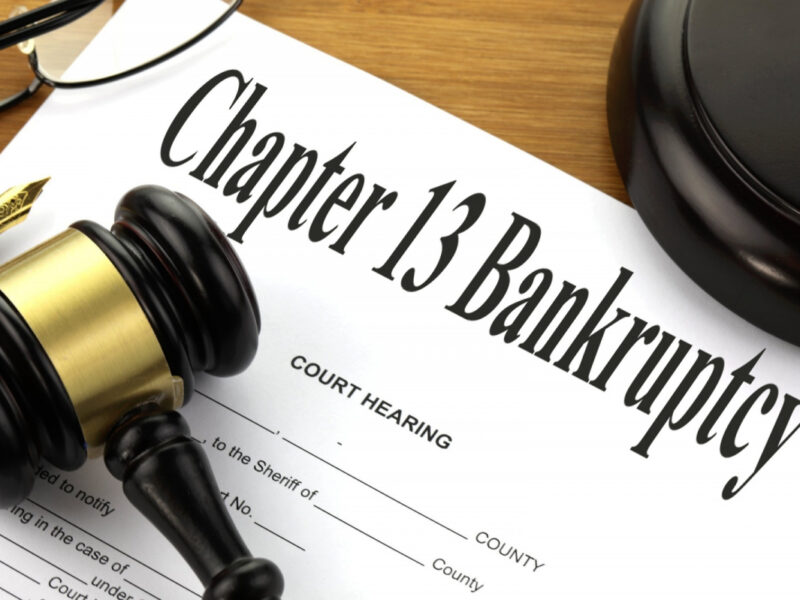In assessing whether a debtor’s bankruptcy case was filed in good faith for the purpose of Code § 362(c)(3)(B), courts have considered the following non-exhaustive list of factors: (1) the timing of the petition, (2) how the debtor’s debts arose, (3) the debtor’s motive, (4) how the debtor’s actions affected creditors, (5) why the debtor’s previous case was dismissed, (6) the likelihood that the debtor will have steady income throughout the case and will be able to fund a plan, and (7) whether any party objects to the motion.
The debtor established that his Chapter 13 case was filed in good faith for the purpose of Code § 362(c)(3)(B), where the debtor showed that he was unable to fulfill his obligations in his prior Chapter 13 case because his restaurant business lost its liquor license, but the business had since regained its liquor license; the debtor’s health had improved, which would allow him to devote more time to the business; and the debtor had expanded the catering aspect of his business. The debtor also testified that he believed that he would be able to pay $1,000 per week pursuant to a Chapter 13 plan, and of that amount, at least $1,000 per month would be paid as adequate protection to the mortgage creditor.
The court did, however, find it likely that the termination of the automatic stay under Code § 362(c)(3)(B) does not extend to property of the estate. See In re Robinson, 427 B.R. 412 (Bankr. W.D. Mich. 2010).
In re Riedy, 517 B.R. 88 (Bankr. W.D. Mich., Sept. 24, 2014)
(case no. 1:14-bk-5631) (Bankruptcy Judge John T. Gregg)
